Photo: former Brazilian President Luiz Inacio Lula da Silva is carried by supporters in front of the Metalworkers Trade Union in Sao Bernardo do Campo, Brazil on April 7, 2018 [Francisco Proner/Reuters]
On Aljazeeera
Brazil’s oligarchy will do everything in its power to sabotage any attempt to abolish its privileges.
by Mariana Prandini Assis & Pablo Holmes
10 Apr 2018
Luiz Inacio “Lula” da Silva, the most popular president in Brazil’s history, surrendered himself to federal authorities on April 7 to start serving a 12-year prison sentence. While Lula’s conviction is purportedly about fighting corruption and impunity, it, in fact, aims to teach the poor a lesson: the presidential legacy of a mixed-race worker, with little formal education, will be undone by the country’s elites; the poor mustn’t delude themselves they have an actual democratic say or a share in the country’s prosperity.
Last Thursday, Brazilians woke up to the Supreme Court ruling that Lula could be sent to jail while appealing his conviction on corruption charges, and went to sleep knowing that Sergio Moro, the federal judge overseeing the Operation Car Wash cases, had ordered Lula to surrender. All of us who have been following the legal proceedings knew they were rigged and believed Lula should resist. Confronted with the need to make a decision, Lula headed to his political home: the headquarters of the Metalworkers Union in Sao Bernardo do Campo, where his political life began, which became the hub of one of the biggest workers’ parties in the world. #OcupaSaoBernardowas became the top trending Twitter topic in Brazil, as thousands of supporters travelled to the Union’s headquarters and remained there in vigil.
As the political turmoil continues to polarise the country, it is abundantly clear to Lula supporters that his imprisonment is effectively an attempt to destroy a democratic agenda that sought to undo Brazil’s oligarchical political system and replace it with a democracy that works for the many, not just the rich and powerful few.
Throughout the five republican constitutional regimes before 1988, the right to vote in Brazil had been highly restricted, if not suppressed altogether. The disenfranchisement of the illiterate has been the marker of an oligarchical regime that was democratic in name only.
While women and soldiers gradually gained the right to participate in this most elementary democratic mechanism, the exclusion of the country’s illiterate from electoral participation ended only very recently, with the 1988 constitution. In a country where education has historically been tied to social class and race, the denial of the right to vote based upon literacy meant that a large mass of poor people, the majority of Brazil’s population, has been banned from participating in democratic life for most of the country’s history.
Participation rates in presidential elections in Brazil clearly illustrate this: While only 20 percent of the population participated in the 1960 democratic presidential elections – the last one before the 1964 military coup – this number more than doubled in the 1989 elections – the first presidential elections after the return to democracy and the adoption of the 1988 constitution.
Since then, the majority of Brazilian voters gave their vote to the political project Lula represents in four out of the country’s seven presidential elections. During the Workers’ Party time in office, poverty was reduced by 55 percent and extreme poverty by 65 percent; the minimum wage raised by 76 percent, unemployment reduced at unparalleled rates and inequality shrunk markedly.
Those who defend the legitimacy of Lula’s imprisonment argue that he has been convicted in a fair trial, which was further upheld on appeal. However, anyone who has closely followed the proceedings of Operation Car Wash knows full well that not all politicians facing corruption charges were dealt with in the same fashion.
The prosecution of Lula was unprecedentedly fast for a judicial system notorious for its tardiness. His conviction is based on evidence that falls far below the minimal threshold accepted by any judicial system working under the rule of law and basic human rights principles. Moreover, the trial judge’s bias has long been apparent in what many have called a political persecution.
Judge Moro not only released wiretapped conversations between Lula and then President Dilma Rousseff, which were crucial in the political plot to impeach her, and made several statements in social media concerning the proceedings and Lula’s defence strategies, but also created a media spectacle when he forcefully brought Lula in for questioning although the former president had declared he would report voluntarily.
According to all polls, Lula is the leading candidate in the upcoming October presidential elections. His imprisonment now, when other political figures – who are facing much more severe corruption charges – remain free, including unelected president, Michel Temer, comes as a clear message to the Brazilian poor: the oligarchy will do everything in its power to sabotage any attempt to abolish its privileges.
However, after seven consecutive experiences of participating in democratic elections, the poor might no longer quietly accept their exclusion.
In the headquarters of the Metalworkers Union in Sao Bernardo, they are chanting “Lula is each of us!” In the 1980s Lula was imprisoned for being the president of this very same union, leading workers’ strikes and fighting for the country’s democratisation. Either as farce or tragedy, history seems to be repeating itself.
And yet, despite all attempts to undermine democracy, the people stand for Lula and his vision of social justice, equality and an inclusive Brazil.
The views expressed in this article are the authors’ own and do not necessarily reflect Al Jazeera’s editorial stance.
ABOUT THE AUTHORS
Mariana Prandini Assis is a human rights lawyer and a PhD Candidate in Politics at the New School for Social Research.
Pablo Holmes is an Associate Professor of Political Theory at the University of Brasilia.

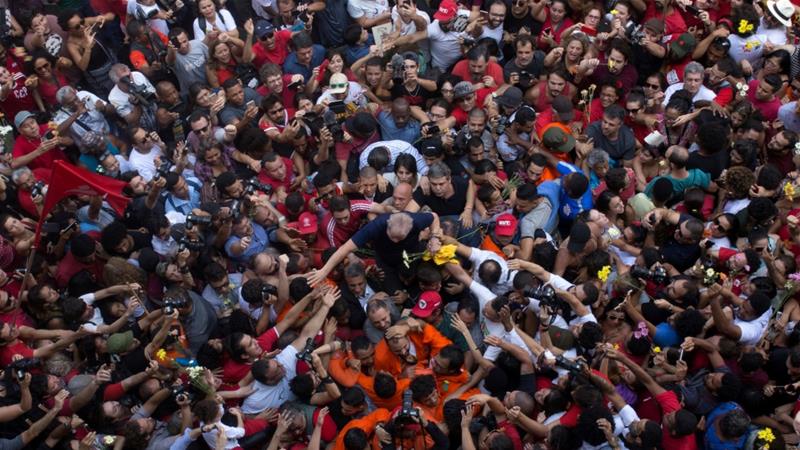
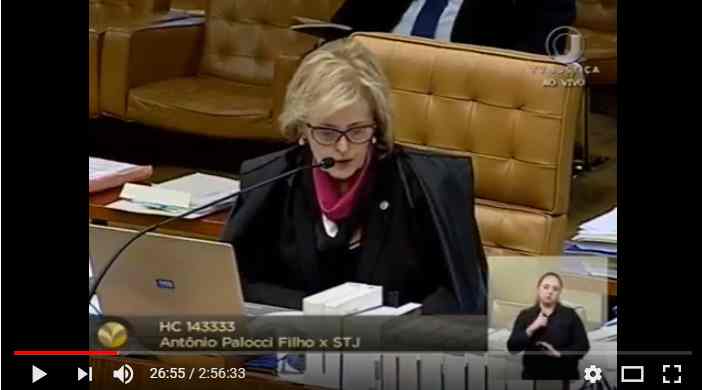
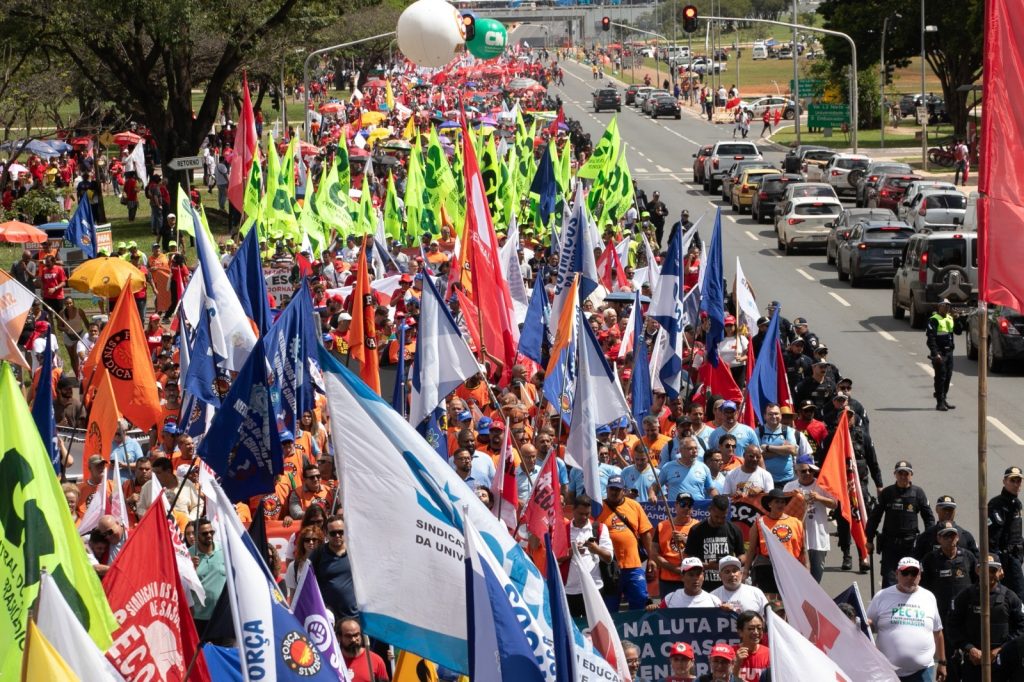
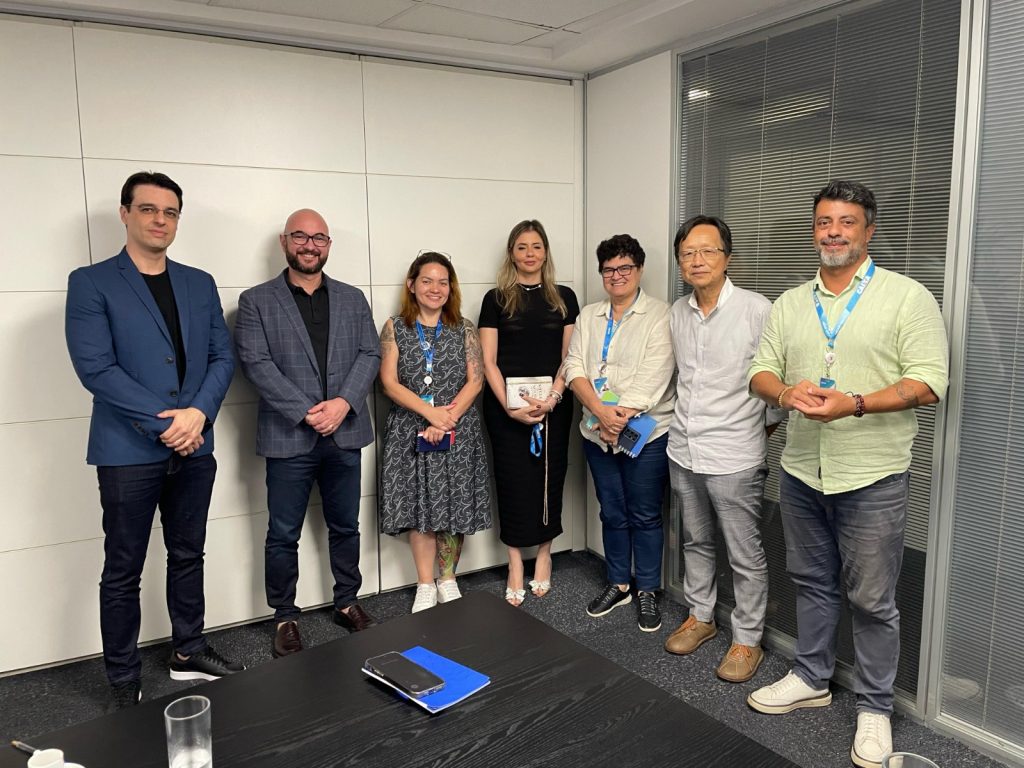
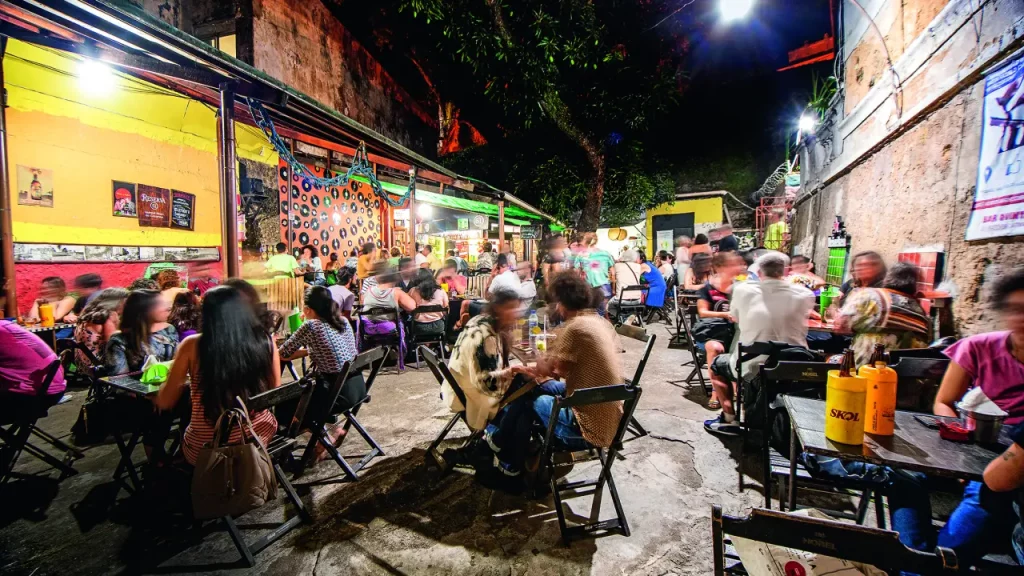
Nenhum comentário ainda, seja o primeiro!